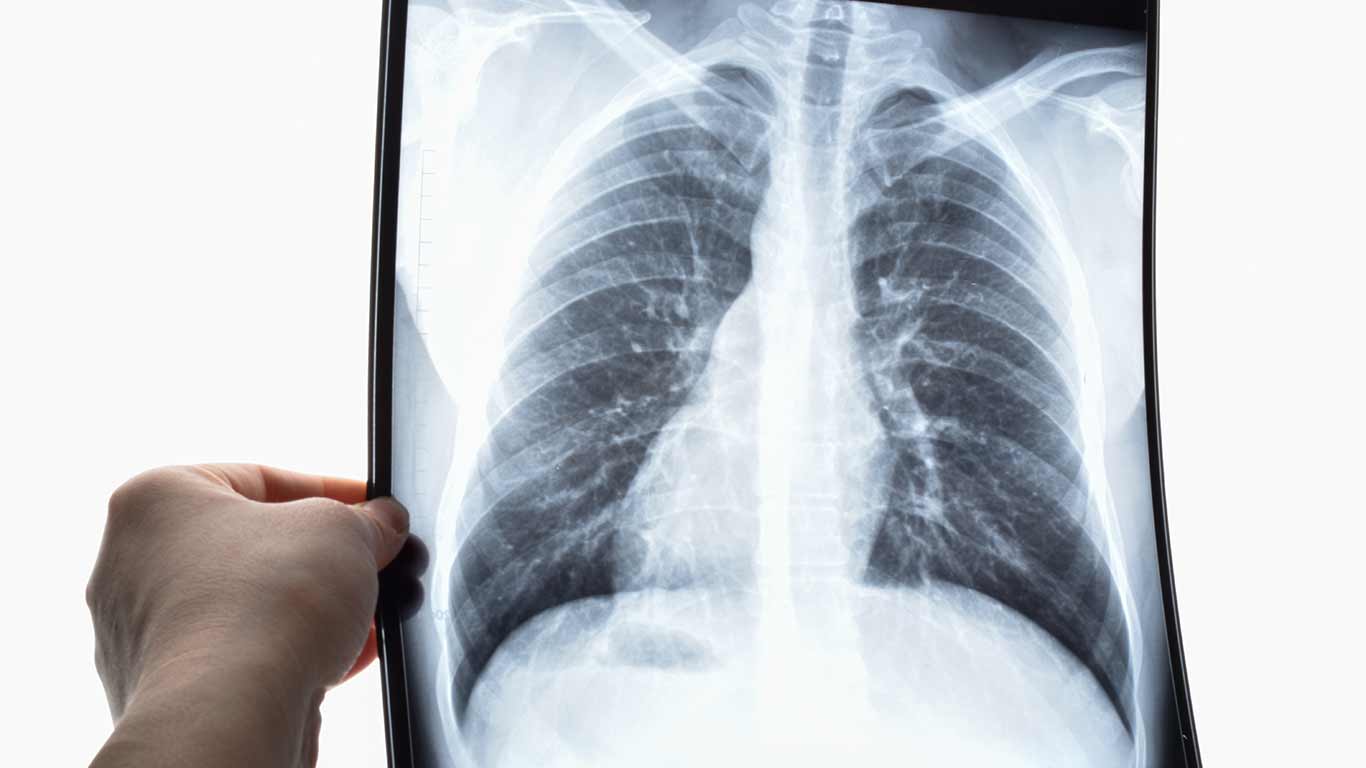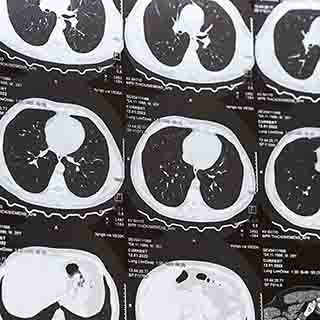On World Lung Cancer Day, it’s important for us to reflect on the recent advancements in lung cancer treatment that are reshaping patient care and outcomes. The landscape of lung cancer therapy is rapidly evolving, driven by cutting-edge research and innovative treatments. Here’s a look at some of the most recent breakthroughs that are making a significant impact in the field.

© bycorinka | envato.com
Immunotherapy Advancements
Immunotherapy continues to be a game-changer in lung cancer treatment. Recent approvals of novel immune checkpoint inhibitors, such as PD-(L)1 and CTLA4 inhibitors, have expanded treatment options for patients with non-small cell lung cancer (NSCLC) in advanced as well as early stages of the disease. These agents have demonstrated promising results in increasing overall survival and providing durable responses, particularly in combination with chemotherapy or as adjuvant therapy after surgery. For medical professionals, understanding the nuances of these treatments and their optimal combinations is crucial for enhancing patient outcomes.
Next-Generation Targeted Therapies
The field of targeted therapies has seen significant progress, particularly with the introduction of drugs aimed at specific genetic mutations. Osimertinib, for instance, has been increasingly recognized for its effectiveness in targeting EGFR T790M mutations, a common driver of resistance in NSCLC. Similarly, the approval of alectinib for ALK-positive lung cancer represents a breakthrough in targeting specific oncogenic drivers in early stages of the disease. Staying informed about the latest genetic profiling tools and targeted therapies is essential for personalizing treatment and improving efficacy.
Advances in Non-Invasive Diagnostics
The rise of liquid biopsies represents a crucial development in early detection and ongoing monitoring. By analyzing circulating tumor DNA (ctDNA) from blood samples, these non-invasive tests provide real-time insights into tumor genetics and treatment responses. Liquid biopsies not only facilitate early diagnosis but also enable dynamic adjustments to treatment strategies, enhancing personalized care.
Combination Therapies: Enhancing Efficacy
Combination therapies are increasingly being explored to enhance treatment efficacy. Recent clinical trials have highlighted the benefits of combining immunotherapy with targeted therapies or chemotherapy. For example, combining PD-1 inhibitors with chemotherapy has shown improved outcomes in patients in various stages of NSCLC. Understanding the rationale behind these combinations and their clinical applications is vital for optimizing treatment regimens and overcoming resistance mechanisms.
Looking Forward
As we celebrate World Lung Cancer Day, the continued evolution of lung cancer treatment offers renewed hope for patients and reinforces the importance of staying updated on the latest advancements. For medical professionals, these breakthroughs represent not just a progress in science, but a profound opportunity to enhance patient outcomes through innovative therapies and personalized care strategies.
Let’s continue to push the boundaries of what’s possible, collaborate on research, and remain dedicated to improving the lives of those affected by lung cancer.








